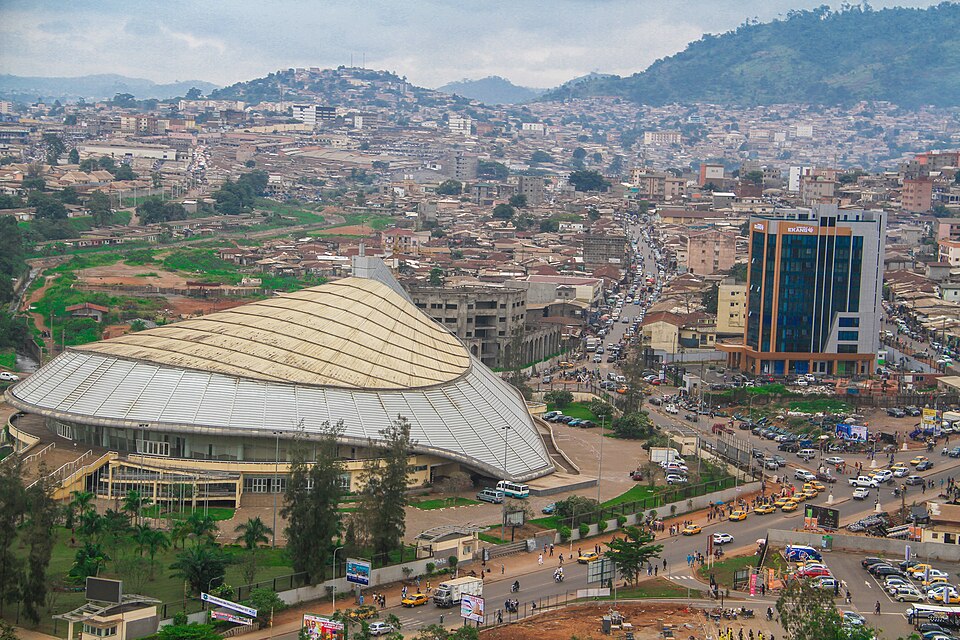
French President Emmanuel Macron has admitted that France committed acts of violent repression in Cameroon during and after the country’s fight for independence.
His statement follows a joint investigation by Cameroonian and French historians into France’s role in suppressing independence movements between 1945 and 1971. The report, released on Tuesday, details how colonial authorities and the French army carried out multiple forms of violence in certain regions of Cameroon.
In a letter to Cameroonian President Paul Biya, Macron said: “A war took place in Cameroon, during which the colonial authorities and the French army exercised repressive violence… It is up to me today to assume the role and responsibility of France in these events.”
The French leader stopped short of issuing an official apology. He named four independence leaders killed during French-led operations, including Ruben Um Nyobe, head of the anti-colonial UPC party. According to the report, French forces interned hundreds of thousands of Cameroonians, backed brutal militias, and killed tens of thousands between 1956 and 1961.
The investigation was commissioned in 2022 during Macron’s visit to Yaoundé, amid pressure from within Cameroon for acknowledgment of France’s colonial-era crimes and possible reparations. Historian Prof Willibroad Dze-Ngwa, who contributed to the report, told the BBC their role was to document facts, not to recommend apologies or reparations.
Macron expressed readiness to cooperate with Cameroon in further research and to make the findings available to universities and research institutions.
Reactions in Cameroon have been mixed. Some welcomed the acknowledgment, while others criticised the absence of an apology. “Recognising that France has committed wrongs against Cameroonians is not enough,” said student Charles Wamalamou. Teacher Tsoye Bruno called the recognition positive but the lack of apology “a very bad thing.”
Macron has taken similar steps in confronting France’s colonial past, including admitting responsibility for a 1944 massacre of West African troops in Senegal and acknowledging France’s role in the Rwandan genocide. However, like with Algeria’s colonisation, he has avoided formal apologies, opting instead for symbolic gestures aimed at reconciliation.
The debate over France’s colonial legacy continues to shape relations with African nations, especially amid recent tensions and the severing of ties by several West African states accusing Paris of neo-colonial influence. Photo by Kateregga1, Wikimedia commons,







































